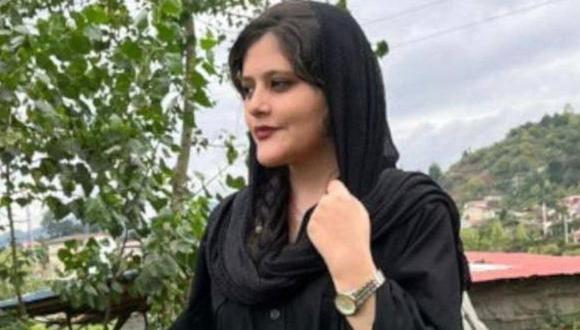Last Thursday in Tehran, Iran, as soon as the news broke that 22-year-old Mahsa Amini died of a heart attack after being detained by the “Morality Police” because she was wearing her head veil incorrectly, a compulsory garment in the area, thousands of women took to the streets in protest, removing their own veils.
Since that day there have been several protests by unveiled women, reported by the reformist press, following the death of the young Iranian woman after she was detained by the police for not wearing her veil properly. Mahsa Amini, 22, died on Friday of a heart attack and coma in a police station in the city of Tehran.
Protests and displays of popular discontent grew louder on Sunday.
Chanting the slogan “Women, life and freedom”, a group of protesters stormed Tehran University today, according to the Iranian news website Ruydad 24.
At the same time, several videos shared by local journalists are circulating on social media, showing several dozen young people marching in the university and chanting protests.
The Iranian authorities confirmed the protests that took place during the burial in which many women removed their veils in defiance, and the clashes with security forces that left several people arrested and injured during the funeral.
Many people were angered when it emerged on Thursday that Amini was in a coma in Tehran’s Kasra Hospital after suffering a heart attack at the police station where she had been detained by the morality police for not wearing her veil properly.
The police, for their part, denied any responsibility in a statement, saying that the young woman “suddenly suffered a heart problem”.
In the face of popular discontent, Iran’s President Ebrahim Raisi ordered an investigation to clarify what happened.
Raisi’s ultra-conservative government has increased pressure in recent months on women to comply with strict dress code rules, resulting in a greater number of morality police vans on the streets and more visible arrests than before.
The veil has been compulsory in Iran since the Islamic Revolution led in 1979 by Ayatollah Ruhollah Khomeini, who declared that without it, women are “naked”.
The garment is worn on every street in the country, and it is extremely rare to see a woman without her head covered, although many actually cover only the back and the bare minimum.
“Amini’s humiliating death”, headlined the reformist daily Etemad, which showed her grave in a photograph. The paper argues that “widespread dissatisfaction with morality patrols is not new”, and recounts similar cases from the past.










